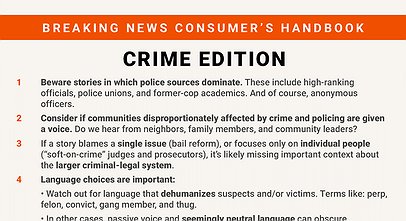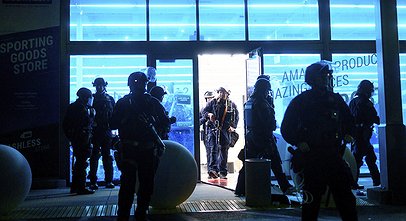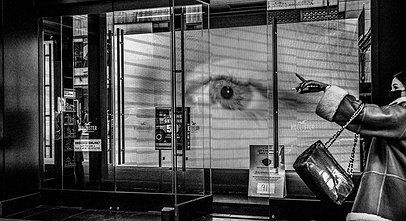The Center for Just Journalism
We believe that accurate reporting is a critical feature of safe and healthy communities.
The Center for Just Journalism acts as a resource for new and experienced journalists covering public safety issues.
The style and substance of media coverage have ripple effects that influence everything from public policy and our collective sense of safety to the dignity and well-being of people who are directly impacted by crime, policing, and incarceration.
Too often reporters are asked to cover these complex and high-stakes issues without the background or resources they need. The Center connects journalists with research, experts, narratives, data, and best practices that help them tell the whole story. Stories that are rooted in fact and lacking in sensationalism. Journalism has the potential to equip people with the information they need to build safer communities. We make it easier for journalists to meet that challenge.




